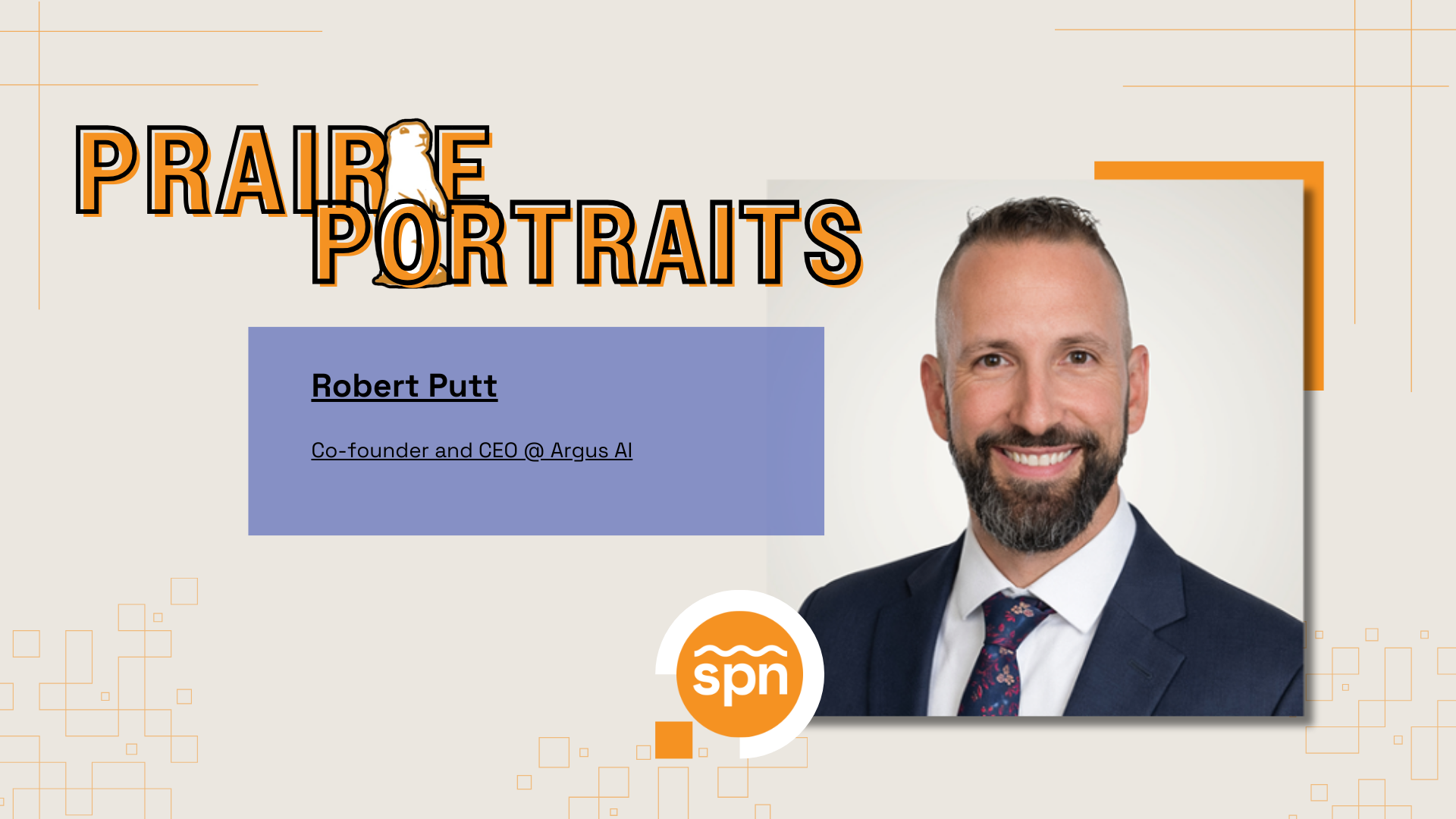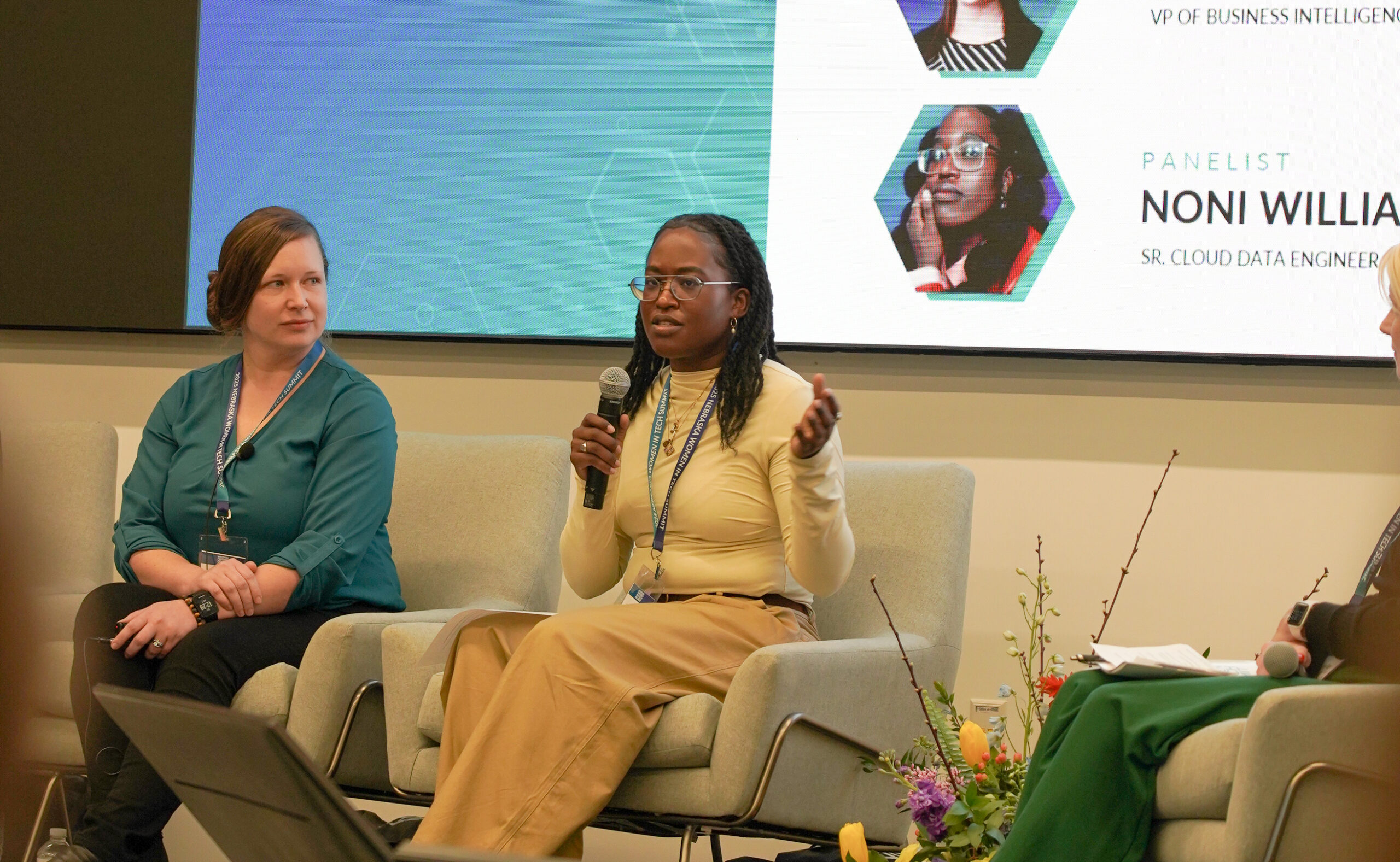
As Tom McDonnell takes the helm of the Ewing Marion Kauffman Foundation as its new president and CEO, he is determined to help the $1.8 billion foundation increase its visibility and build on existing strengths without veering from its focus on entrepreneurship and education.
The Kansas City, Mo.-based Kauffman Foundation announced on Dec. 4 that McDonnell would become its next president and CEO, effective Jan. 1.
Elected to the Kauffman Foundation’s board of trustees in 2003, McDonnell has served as board chairman since 2006. He takes the role of chief executive after 43 years at Kansas City’s DST Systems, where he has been president and CEO from 1973 through this year.
McDonnell took time earlier this month to sit down for an interview with Silicon Prairie News. What follows is the second half of that interview, focusing on McDonnell’s new role at the Kauffman Foundation and what the organization means to Kansas City and its entrepreneurs.
For the first half of the interview, which covers McDonnell’s tenure at DST and interaction with Kauffman Foundation founder Ewing Marion Kauffman, see: “New Kauffman CEO McDonnell on DST’s roots, lunches with Mr. K.” For more on McDonnell and his new role, see our previous story: “Kauffman tabs DST’s McDonnell as CEO, names Kreamer board chair.”
 Silicon Prairie News: To you, as a Kansas City native and lifelong Kansas Citian, what does the Kauffman Foundation mean to this city?
Silicon Prairie News: To you, as a Kansas City native and lifelong Kansas Citian, what does the Kauffman Foundation mean to this city?
Tom McDonnell: “It’s one of its most valuable assets. You know, Mr. Kauffman was very passionate about Kansas City, otherwise we wouldn’t have the Royals, we wouldn’t have the presence here, we wouldn’t have all kinds of these things.
“But he converted that passion later in life to this Foundation, which basically has two very clear missions, very clearly stated by him, and that’s to provide educational opportunities for kids, young adults, and to foster entrepreneurial environments. Because his sense was that what was really important (was) that people were able to become self-sufficient, earn a living for themselves and contribute, in effect, to society overall. And the paths to get there: One, if you have educational background, it’s certainly a first step. And in many cases, the educational background and then just going into the job market is great. But other people may want to go a different track. So he was very interested in not only them being able to get the educational background but to have a society where entrepreneurial activities were fostered, accepted and so forth. So when you look at Kansas City, we do a huge amount in Kansas City. Kansas City’s our test bed for everything. …
“But in both of those instances, in order to ensure that what we call the environment is there, we have to have a broader reach, because a lot of what we do is in Kansas City, but a lot of the influence we need is outside of Kansas City. Whether that’s at the state level or the federal level. Whether it’s fostering — not spending money, necessarily, outside the U.S., but fostering — more entrepreneurial activities globally. …
“So in senses we are firmly rooted here, but we’re also firmly committed to the two things that Mr. Kauffman was particularly interested in. We do also focus on some unique things in Kansas City that could use our support, like some recent support for the performing arts, support for the Union Station when it came on. But you should not anticipate any deviation from the two main missions. Both of those missions are very seriously grounded in Kansas City, but in order to be really successful we have to have that reach that I discussed earlier.”
SPN: As you look at the opportunity in the year ahead, what’s at the top of your checklist in terms of objectives?
TM: “To me, one of the key things that we’ll do collectively is I think there’s a lack of real perception of how much Kansas City is part of Kauffman. I think part of that would be connecting a little more with various groups to make sure they’re aware of what we’re doing or give them a better sense of what we’re doing. And I actually think that will be, could be, very positive from the standpoint that there’s a lot of things we do that others could participate in or others could expand.
“For instance, we have a robotics program with 42 schools — great program, but it needs mentors. And we have logical mentors like Black and Veatch and Burns and Mac, Garmin and so forth. But over some time in our catchment area there’s probably 100 schools that could use robotics. … But we can’t get from 42 to 50 to 70 without some more help from mentors and companies that say, ‘Hey, that’s a really good idea.’ So we’ve got to get some exposure to some of this stuff.
“And I find it interesting because even before being named as CEO coming up, as chair (I’d) run into people and they really don’t — and I’m talking about people that are reasonably well-connected in Kansas City — have a clear idea of what we do. You know, I’d try not to smile too much when I said, ‘Well, actually, we’re already doing that.’ So I think getting that visibility there would be way high on the list, because I think that’ll open up a lot of opportunities both directions.
“The next thing is, clearly, look: This is a great institution. There’s very, very, very capable people here, and we’ve spent a good part of this year trying to ensure that we understood the missions, how their strategic plans fit in with the mission so that we could carry it forward in a sensible way and a successful way. So the key thing is to make sure that the key people still stay engaged, that they can execute.
“Because it’s not like just because we’ve been without a full-time CEO this year nothing’s happened. We’ve had a lot of great accomplishments. I think Global Entrepreneurship Week we had 130 countries this year. We could give you a whole range of examples. We had a very, very successful year in the charter school. … So there’s just an awful lot of very good things going on. The introduction and expansion of One Million Cups, that’s gone, if you saw a graph, it’s gone (up dramatically).”
SPN: What do you perceive as challenges to building a business, particularly in the Midwest, and what can Kauffman do to help entrepreneurs address those challenges?
TM: “Maybe break them into two things: What are things that produce the opportunity, and what are the impediments? And then I think you’ve got to subset that to a great degree, because, wandering around some of the tables at GEW when we were here, a lot of these small businesses weren’t concerned about defaults in Greece or U.S. tax policy. They were more concerned about, well, how do I get a certificate of occupancy? How do I do a number of things?
In fact, (to) a couple of them I said, ‘Do you need capital?’ And the guy said, ‘Well, no, there’s three of us. We got out of college, we’re living at home, we’re building the software. We don’t need capital.’ So a lot of it, when you look at the businesses, you kind of have to say, what is the nature of the business? So, for instance, you take a business that DST was involved with, Euronet — we were one of the original investors with Mike Brown and so forth — their issues were much different. So I think it’s really a question of thinking out over time, what is it that we can impact?
“Now, clearly, some people are concerned about U.S. policy, trade policy, all that. Those are things we can provide a lot of data about — immigration policy, what kind of businesses are started by non-U.S. (founders) that become entrepreneurial here. …
“I think on the entrepreneurial side it’s far less clear what works than on the educational side. On the educational side, there’s proven programs. The problem’s getting somebody to adopt them. On the entrepreneurial side, we’re still doing a lot of experimental stuff. And stuff that really pops out occasionally is like this Ice House thing, you know, that gets people interested.
“And if people are starting businesses and they’re dynamic and they’ve got an idea, they’re like bulldogs — they’re going to stay on it. The question is, can you identify what the next impediment is more so than the initial opportunity? Because a lot of them find the opportunity, and the reason they don’t succeed isn’t because they didn’t have the right opportunity; it’s because they ran into all these roadblocks.”
SPN: On a personal level, what about this new role excites you most?
TM: “Well, one, I’ve known all the people here. They’re great people, and it’s great people to work with. I will tell you, probably I’ll end up knowing, by name, a much higher percentage here than I did at DST recently.” (Laughs.)
“But, you know, just the opportunity to support the mission that Mr. Kauffman wanted and the opportunity to still be here in Kansas City, impact that and impact a lot of things that are relevant to me. …
“Obviously in the final days (at DST) we’ve had lunches and stuff, and people come up, and more of them say, ‘Hey, you know what was important to me was I was able to get my kids through college,’ and, ‘I’ve got a daughter who’s now working … in New York, and unless I was able to help her she couldn’t do that.’ They don’t just say, ‘Hey, the company did a great thing for me,’ they say, ‘Here’s what you did for my family, and here’s what they’re able to do now.’
“And we were with some clients recently, and we delivered very, very good products to our clients. We’ve helped them build their business. The mutual fund industry has to have us or some business like us in order to get there. So it’s that kind of continual reinforcement that, yeah, you’re making some kind of difference.
“And that’s hopefully something that can continue here. I mean, it’s clearly in place here, and hopefully I don’t interrupt it.”
For the first half of this interview, see our previous story: “New Kauffman CEO McDonnell on DST’s roots, lunches with Mr. K.”
Credits: Graphic by Danny Schreiber. Photo of McDonnell from kauffman.org.


